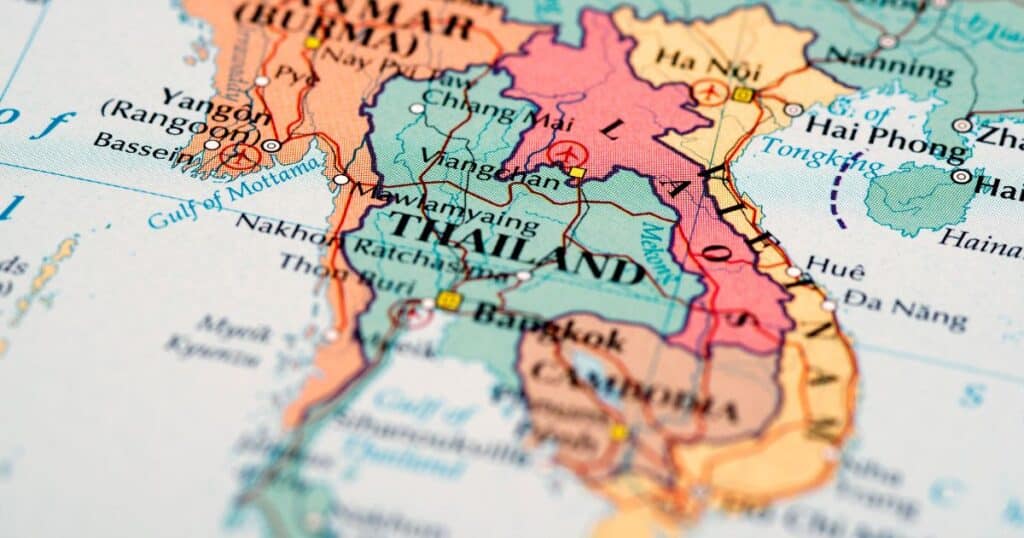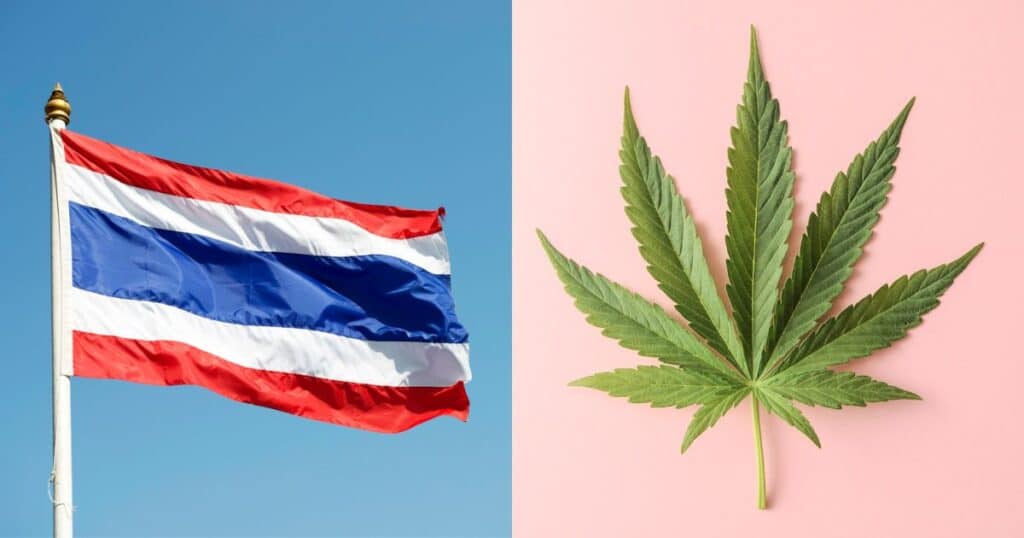In recent years, Thailand has been at the forefront of cannabis legalization in Southeast Asia. In 2022, the country made headlines by decriminalizing cannabis, sparking excitement among advocates and entrepreneurs alike. However, the honeymoon period may be coming to an abrupt end. A new proposal to relist cannabis as a narcotic has reignited debates, protests, and concerns across the nation’s cannabis industry.

Initial Decriminalization of Cannabis in Thailand
Two years ago, Thailand became the first Asian country to decriminalize cannabis for both medicinal and recreational use. This move was seen as a leap toward modernization and economic growth. It allowed thousands of businesses to emerge, from cannabis farms to retail stores, and spurred tourism by positioning Thailand as a cannabis-friendly destination.
The Bhumjaithai Party led this decision, promising that cannabis could become a lucrative cash crop for farmers in impoverished regions.
Initially, the decriminalization aimed to allow medicinal use, but poor regulation led to widespread recreational use. This caused public backlash and concerns over misuse and crime, now cited as reasons for the proposed reclassification.
Last Friday, a health ministry drug control committee approved a proposal to reclassify cannabis as a restricted narcotic, only allowing its medical and research purposes. This proposition is set to be reviewed by the Office of the Narcotics Control Board and, if accepted, will take effect on January 1st.
The new proposal has sparked immediate protests from cannabis advocates who argue that it will reverse the economic and social gains achieved over the past two years.
Thailand Cannabis Protests and Possible Government Corruption
This Monday, nearly a hundred cannabis advocates took to the streets, marching to the prime minister’s office, as reported by the Associated Press. They carried potted marijuana plants and placards demanding the right to continue using and cultivating cannabis.
In light of the protests, the government has remained firm but has received the group’s written petition. Police barricaded the road to the Government House, preventing protesters from marching further. However, the advocates have set up camp and vowed to stay until authorities address their demands.
Prasitchai Nunuan, a spokesperson for the Writing Thai Cannabis’ Future group, a pro-cannabis advocacy organization, addressed the protesters and asserted that the health ministry should regulate marijuana rather than criminalize it again. He accused the government of banning the drug to allow a select few interest groups to profit from its medical applications.
“This fight for cannabis is not only for medical security or people’s rights but also for destroying the monopoly of politicians taking (its) benefits away from the people,” Nunuan said.
Another voice, Chokwan “Kitty” Chopaka, also accused politicians of manipulating the situation for their gain, calling for policies that benefit the broader population rather than a select few.
Despite the protests, the government claims that public sentiment supports the reclassification. Health Minister Somsak Thepsuthin cited an online survey where 80% of participants approved the ban. However, the organization has not publicly shared the survey results, raising questions about its validity.
Money Invested, Down The Drain?
The reclassification could have severe repercussions for Thailand’s cannabis industry. Legal cannabis has fueled the tourism and farming sectors, creating thousands of jobs and businesses. Pock Pechthong, a cannabis grower, expressed that a radical rollback would harm many who have invested heavily in the industry, likely causing significant financial losses.
“Everybody’s spent a lot of money already. I’m a grower, so our main concern is not being able to grow or use it,” he said.
Calls for a Comprehensive Study
Cannabis advocates are urging the government to set up a committee to study the effects of cannabis thoroughly. They suggest regulating the plant, like tobacco or alcohol, if its impact is no worse, rather than criminalizing it.
Nunuan said the study should cover physical health, mental health, its effects on society, and its therapeutic benefits compared to tobacco and alcohol.
He said if the findings show that the impacts of cannabis are no worse than those of tobacco and alcohol, a special law should be enacted to regulate its use, according to the Bangkok Post.
“A committee should study the issue. The facts should be established and laid out for the public to see,” he said.
The future of cannabis in Thailand hangs in the balance. While the government pushes for reclassification, advocates continue to fight for their rights and livelihoods. The coming weeks will be crucial in determining the plant’s legal status and the fate of those who depend on it.
















